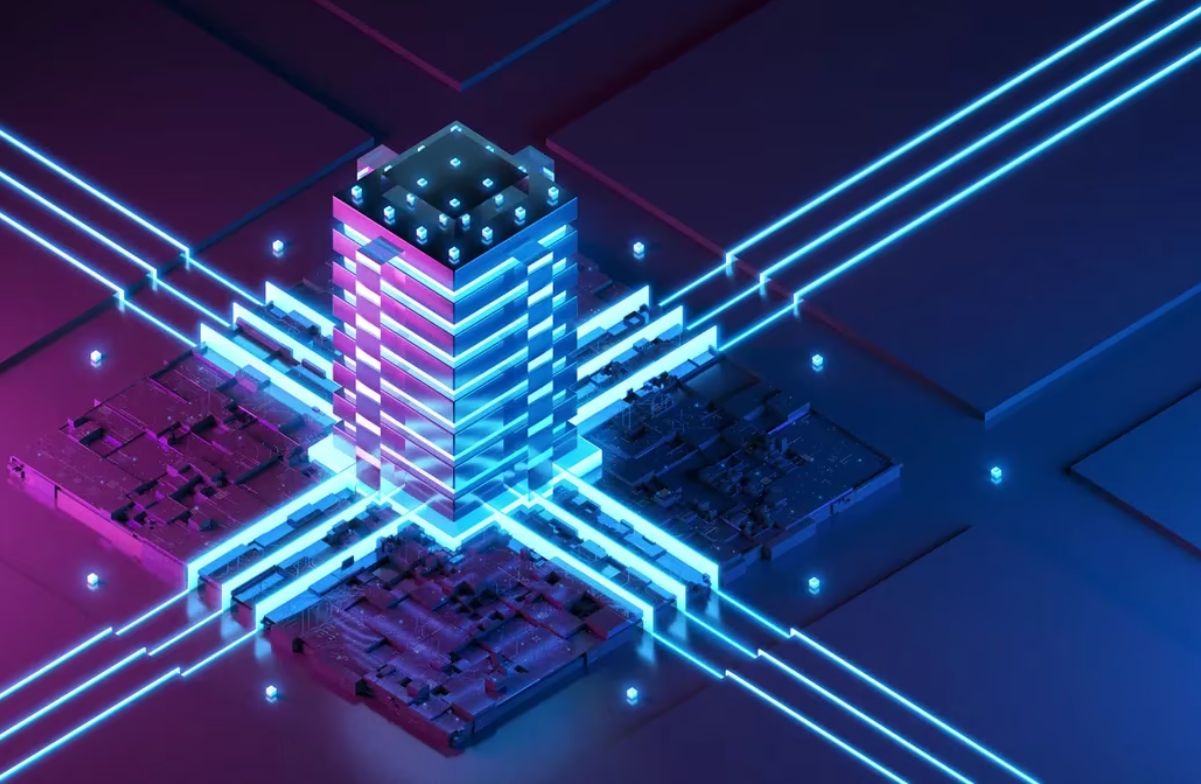
Blockchain technology is transforming various industries, and one of the most promising applications is in land registry. Ever wondered how this digital ledger can revolutionize property records? Blockchain offers a secure, transparent, and efficient way to manage land titles, reducing fraud and errors. Imagine a world where property transactions are swift, disputes are minimal, and records are tamper-proof. This isn't science fiction; it's happening now. From smart contracts to decentralized databases, the potential is enormous. Curious about how this works and what benefits it brings? Let's dive into 31 fascinating facts about blockchain for land registry.
What is Blockchain?
Blockchain is a digital ledger technology that records transactions across multiple computers. This decentralized system ensures data integrity and security, making it ideal for various applications, including land registry.
-
Blockchain is a decentralized ledger technology that records transactions across multiple computers.
-
It ensures data integrity and security by using cryptographic techniques.
-
Blockchain is immutable, meaning once data is recorded, it cannot be altered.
-
It operates on a peer-to-peer network, eliminating the need for intermediaries.
How Blockchain Works in Land Registry
Blockchain can revolutionize land registry by providing a transparent, secure, and efficient way to record property transactions. Here’s how it works:
-
Property transactions are recorded on the blockchain as digital entries.
-
Each transaction is verified by network participants, ensuring accuracy.
-
Once verified, transactions are added to a block and linked to previous blocks, forming a chain.
-
This chain of blocks creates a tamper-proof record of property ownership.
Benefits of Blockchain in Land Registry
Implementing blockchain in land registry offers numerous advantages, from reducing fraud to speeding up transactions. Here are some key benefits:
-
Transparency: All transactions are visible to network participants, reducing the risk of fraud.
-
Security: Cryptographic techniques protect data from unauthorized access.
-
Efficiency: Transactions are processed faster, reducing the time required to transfer property ownership.
-
Cost-Effective: Eliminating intermediaries reduces transaction costs.
Real-World Applications
Several countries have already started using blockchain for land registry, showcasing its potential. Here are some examples:
-
Sweden: The Swedish Land Registry has been testing blockchain technology to streamline property transactions.
-
Georgia: The National Agency of Public Registry in Georgia uses blockchain to secure land titles.
-
India: The Indian state of Andhra Pradesh has partnered with a blockchain company to digitize land records.
-
Dubai: Dubai plans to have all its land registry transactions on blockchain by 2027.
Challenges and Limitations
Despite its benefits, blockchain technology faces several challenges in land registry applications. Here are some of the main issues:
-
Scalability: Blockchain networks can become slow and inefficient as the number of transactions increases.
-
Regulatory Hurdles: Different countries have varying regulations, making it difficult to implement a universal blockchain solution.
-
Technical Complexity: Implementing blockchain requires significant technical expertise and resources.
-
Data Privacy: Ensuring the privacy of sensitive information on a public blockchain can be challenging.
Future Prospects
The future of blockchain in land registry looks promising, with ongoing research and development aimed at overcoming current challenges. Here’s what to expect:
-
Interoperability: Efforts are being made to create interoperable blockchain systems that can work across different jurisdictions.
-
Improved Scalability: New technologies like sharding and layer-2 solutions aim to improve blockchain scalability.
-
Enhanced Privacy: Techniques like zero-knowledge proofs are being developed to enhance data privacy on blockchain networks.
-
Increased Adoption: As more countries recognize the benefits of blockchain, adoption rates are expected to rise.
Interesting Facts
Here are some intriguing facts about blockchain and its application in land registry:
-
First Use: The first known use of blockchain for land registry was in Honduras in 2015.
-
Smart Contracts: Blockchain can use smart contracts to automate property transactions, reducing the need for manual intervention.
-
Tokenization: Properties can be tokenized on the blockchain, allowing for fractional ownership and easier transfer of property rights.
-
Environmental Impact: Blockchain technology can reduce the environmental impact of paper-based land registry systems.
-
Public-Private Partnerships: Many blockchain land registry projects are collaborations between governments and private companies.
-
Community Involvement: Blockchain allows for greater community involvement in land registry processes, increasing trust and transparency.
-
Educational Initiatives: Several universities and institutions are offering courses on blockchain technology, preparing the next generation of experts in this field.
The Future of Land Registry
Blockchain tech is changing how we handle land registry. It offers transparency, security, and efficiency that traditional systems lack. With blockchain, property records become tamper-proof, reducing fraud and disputes. This tech also speeds up transactions, saving time and money for everyone involved.
Governments and private sectors are already exploring blockchain for land registry. Countries like Sweden and Georgia are leading the way, showing that blockchain isn't just a buzzword but a practical solution. As more regions adopt this technology, expect smoother, more reliable property transactions.
Blockchain's potential goes beyond land registry. It could revolutionize various sectors, from finance to healthcare. But for now, its impact on land registry is clear: a more secure, efficient, and transparent future. So, keep an eye on blockchain. It’s not just the future; it’s happening now.
Was this page helpful?
Our commitment to delivering trustworthy and engaging content is at the heart of what we do. Each fact on our site is contributed by real users like you, bringing a wealth of diverse insights and information. To ensure the highest standards of accuracy and reliability, our dedicated editors meticulously review each submission. This process guarantees that the facts we share are not only fascinating but also credible. Trust in our commitment to quality and authenticity as you explore and learn with us.
